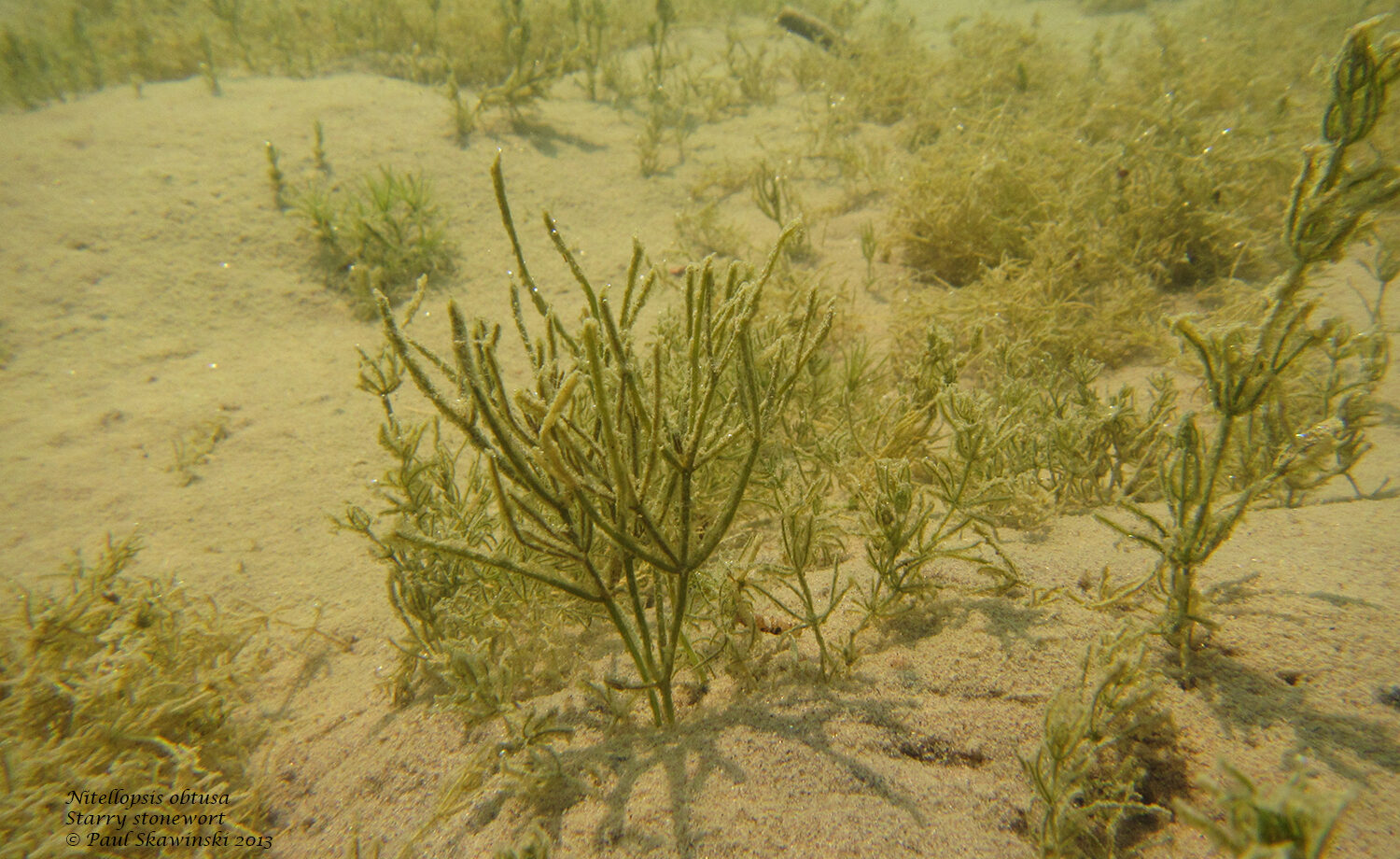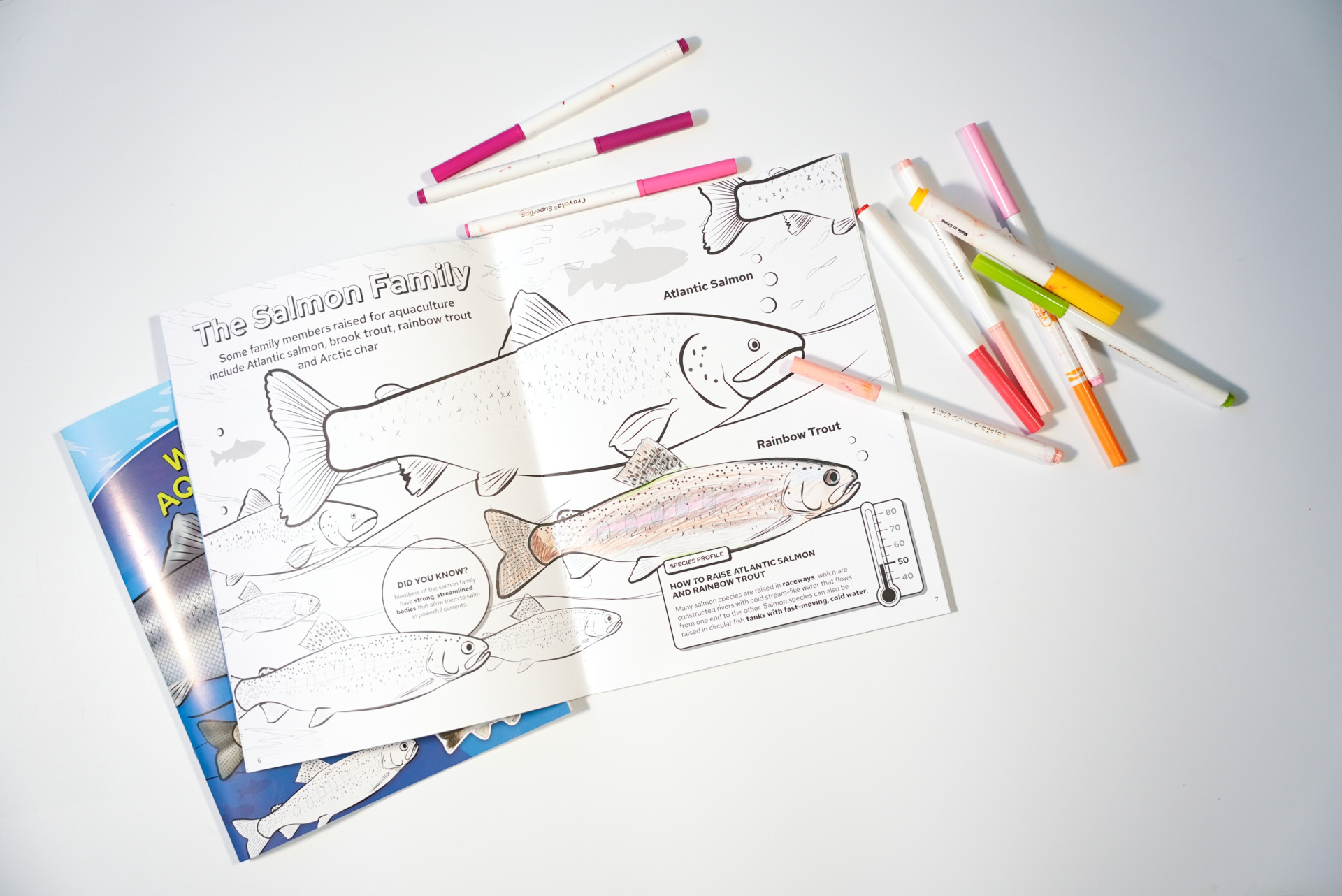Coastal counties are home to more than 53 percent of Americans. All that closeness with water must spur curiosity among young residents. Yet, it is a completely landlocked community that has for the last four years served up a team of high schoolers who bested their peers from salty hometowns across the nation in a competitive ocean-sciences quiz-style bowl.
Marshfield High School from Marshfield, Wis., knows how to turn out high schoolers who, in turn, know their biology, geology, chemistry, physics, current events, social sciences, and aquatic technology such as navigation, remote sensing and marine instruments.
Displaying such knowledge through two days of sparring, this four-student team captured the title in the National Ocean Sciences Bowl by beating Raleigh Charter High School from Raleigh, N.C., in the final round.
There were 25 teams in competition, which was held in Baltimore. There are rapid-fire buzzer questions and team challenges that require analysis of presented concepts.
Marshfield Coach Paul Herder had nothing but praise for the team. “These kids are self-motivating. They meet three times a week and work on it. They’re great kids.”
Wisconsin Sea Grant provides financial and personnel support for the Lake Sturgeon Bowl, which has taken place for 10 years. That state competition is the qualifying arena for the national bowl. It is held in February in Milwaukee.
In 2013, the national competition will be held in Milwaukee This is the first time it will be held in the Great Lakes region and Kathleen Meehan Coop, NOSB director, said she is pleased to be able to showcase the world’s largest freshwater system.
Students on prior winning national teams from Marshfield have gone into science fields, including one who is a marine sciences major.
The National Ocean Sciences Bowl is in its 15th year. The Consortium for Ocean Leadership – representing leading oceanographic institutions, universities and aquaria – manages the bowl. The competition features questions that build marine and coastal literacy, and includes the fields of chemistry, biology, social sciences, mathematics, physics, geography and ocean-related technology, such as sonar.
The hard work and light moments that go into finding success in this science competition are illustrated in a just-released video.





